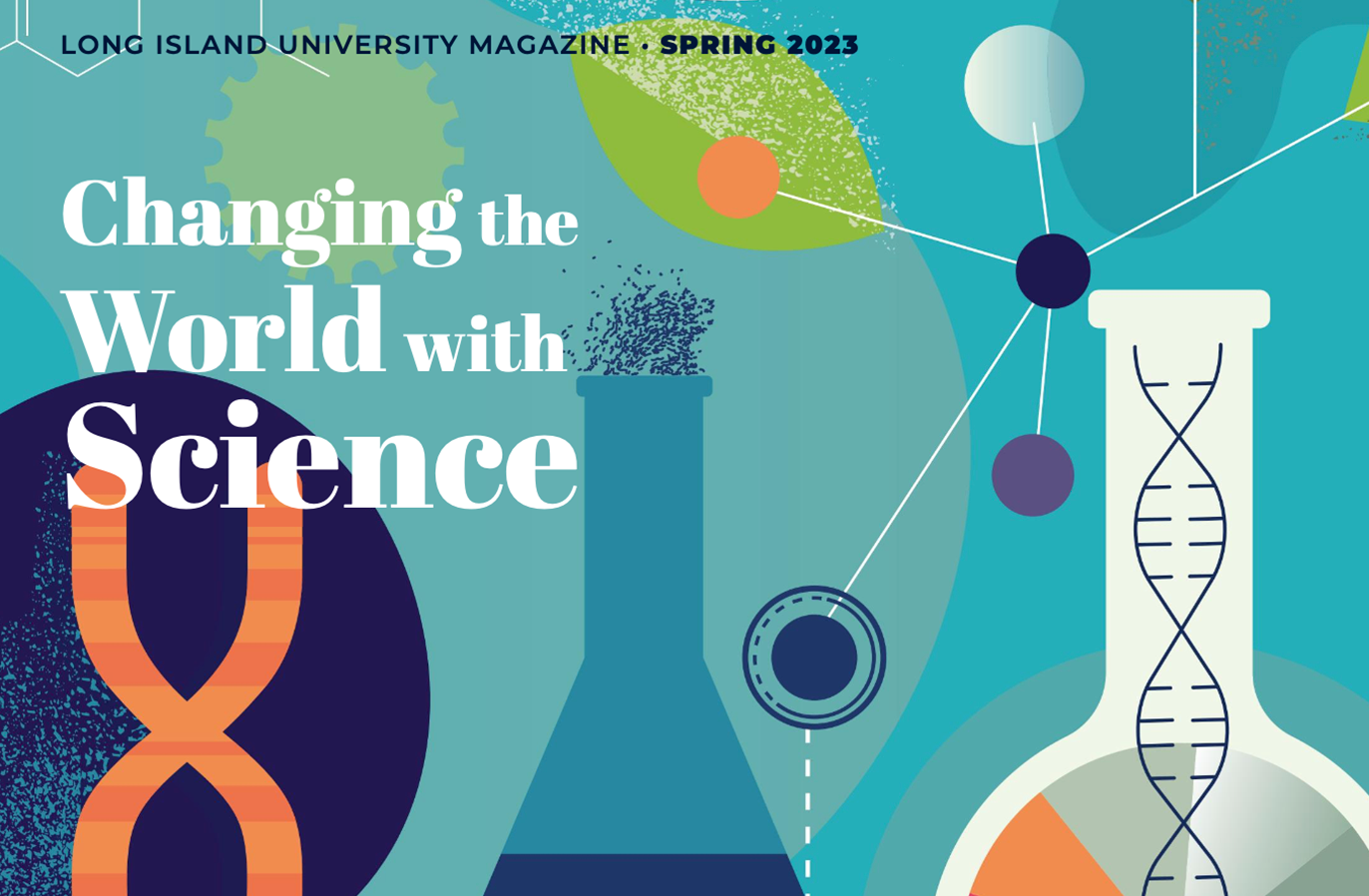Long Island University poll finds 79 percent think there is evidence of global climate change with 77 percent agreeing that humans have contributed to the problem
Brookville, NY (Nov. 8, 2018) –A new Long Island University Hornstein Center for Policy, Polling and Analysis Poll shows that a significant majority of Americans believe global warming is occurring and that humans are partially responsible for climate change. The poll also found that a majority of Americans think the U.S. was wrong in withdrawing from the Paris Agreement.
Poll results found that 79.69% believe evidence of global climate change and 77.48% think humans have contributed to our climate challenge; 40.52% disagreed with the U.S. withdrawal from the Paris Agreement, while 23.20% agreed and 27.43% were unsure. The poll also found that 53.42% believe climate change represents a national security threat; 55.34% believe we can halt and reverse the changes; and 42.06% believe that developing alternative fuels is the best way to address the problem (followed by 18.19% supporting higher pollution standards, 16.17% supporting conservation and 7.51% supporting an energy credit system).
“It is not surprising that an overwhelming majority of the respondents believe the climate is changing and that we are, at least partially, responsible for this,” says Dr. Stanley Klein, Director of the Hornstein Center. “It is the positivity of the respondents, most of who believe we can still stop and undo what has already happened that is the most striking result of the poll. It is a signal to our leaders that there is a real desire to research and implement alternatives before it is too late.”
Despite the poll’s finding that 55.34% of Americans think we can halt and remedy the effects of climate change (while 32.72% disagreed), Tuesday’s election showed how difficult it is to pass environmental ballot initiatives. Five of seven significant state-wide initiatives on the ballot went down to defeat, including a proposal in Washington State to institute the first ever carbon fee and a proposal in Arizona to require half of the state’s energy production to come from renewables by 2030.
“Placing a change in the global climate in the context of national security positions this debate in a way that makes it more relevant to many,” adds Dr. Klein. “We have already seen the impact of changes in the climate on the regional stability of Saharan and Sub-Saharan Africa, for example, as nomadic grazing patterns have changed with the need to identify new water sources. That is just the tip of the potential iceberg, and this viewpoint should make this challenge more tangible.”
This Long Island UniversitySteven S. Hornstein Center for Policy, Polling & Analysis poll was conducted from October 29 to October 30, 2018 in English to 1039 Americans over the age of 18. Polling data was sorted by age, gender & geographic location in efforts to ensure a nationwide representative sample. This poll has an overall margin of error of +/- 3 points.
The Steven S. Hornstein Center for Policy, Polling, and Analysis at LIU Post conducts independent, fair, and balanced polling, empirical research, and analysis on a wide range of public issues including lifestyle preferences. The Center’s goals include informing the community, public and policy makers about critical issues.


